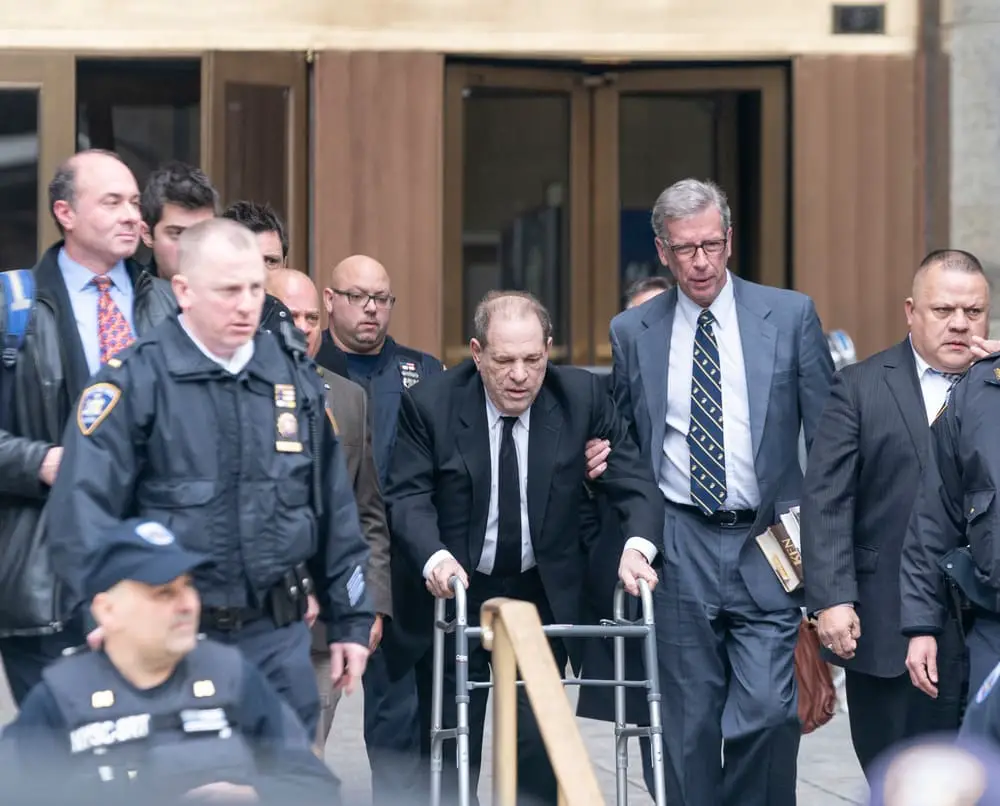Harvey Weinstein’s 2020 New York rape conviction has been overturned following a decision by the New York Court of Appeals. The ruling, which was closely contested with a 4-3 vote, highlighted procedural errors during the initial trial, particularly around the testimony allowed against Weinstein. The judges argued that Weinstein’s constitutional rights were infringed upon as the trial included testimonies from women not directly linked to the charges he faced. This, they determined, skewed the focus from the crimes he was actually charged with to his past behaviors, thus warranting a new trial with a different jury.
The overturned conviction pertains to allegations made by two women, Miriam Haley and Jessica Mann, which resulted in Weinstein’s conviction for a first-degree criminal sexual act and third-degree rape. During the trial, prosecutors had called several other women to establish a pattern of behavior, a strategy that has now been criticized by the appellate judges for potentially prejudicing the jury against Weinstein on grounds beyond the charges at hand.
This decision comes at a time when the Manhattan District Attorney’s office, already engaged with high-profile cases like that of Donald Trump, must decide whether to re-prosecute Weinstein in New York. Despite this legal victory in New York, Weinstein remains incarcerated for similar convictions in California, where he was found guilty in Los Angeles in 2022 of charges including rape and forcible oral copulation, leading to a 16-year sentence.
As Weinstein’s New York sentence of 23 years is effectively nullified by the appeal, the implications for his overall time in custody are yet unclear, depending on the outcomes of any potential retrial and ongoing legal proceedings in other jurisdictions. The Manhattan D.A.’s office has expressed a strong commitment to retrying the case, underscoring their ongoing support for survivors of sexual assault despite the complexities introduced by this recent appellate decision.
This overturning raises significant questions about the intersection of justice, victim advocacy, and procedural fairness in high-profile sexual assault cases. It underscores the challenges in balancing the rights of the accused with the need to robustly address allegations of sexual misconduct, especially involving powerful figures in society. As the situation evolves, it will likely continue to provoke discussion on legal strategies and the broader implications for the #MeToo movement and beyond.




